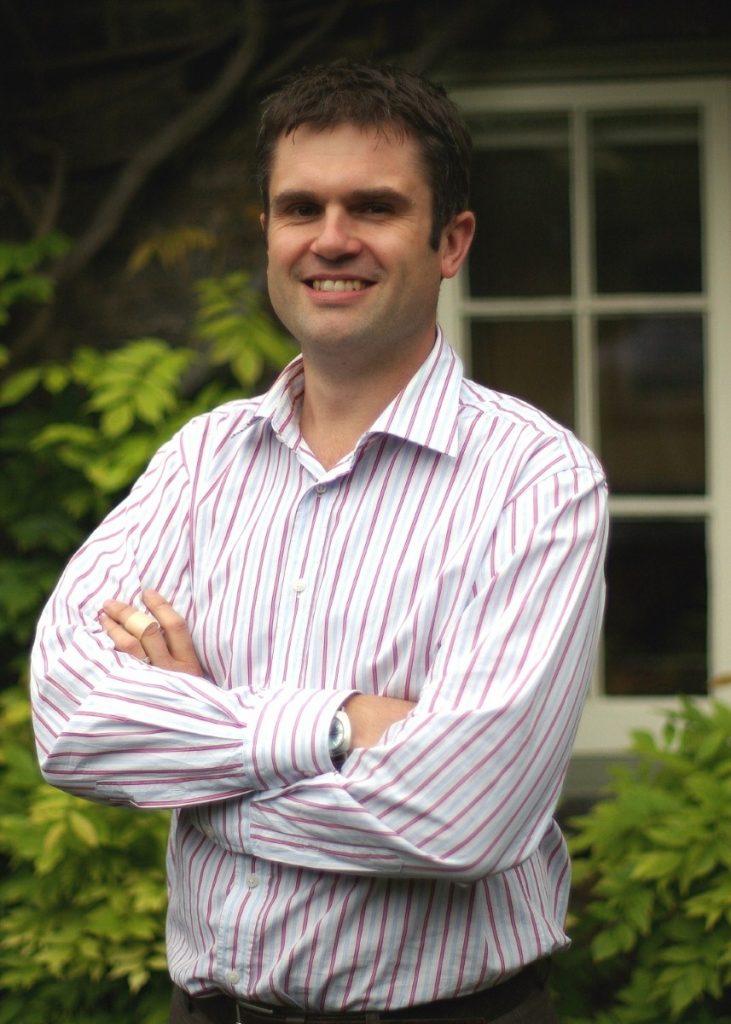Comment: Green leadership begins at home
By Craig Bennett
Over 100 world leaders are travelling to Rio de Janeiro this week for a major UN summit on how to tackle the dangerous threat to our planet's life-support systems. The Rio+20 talks come 20 years after the first 'Earth Summit', where countries agreed plans for national and international efforts to protect the planet we all rely on.
The situation now is very different to 1992. We're facing a triple global emergency of economic crisis, billions of people going hungry and an ever-growing squeeze on our world's limited natural resources. We've already exceeded the safe operating space for three of the nine key planetary systems – climate change, biodiversity loss and excess nitrogen and phosphorus production.
And we're not immune in the UK, where symptoms of this crisis have seen key species like bees dramatically decline – threatening our food supply – energy bills soar due to spiralling gas prices, and communities across Britain face the impacts of floods and droughts.


While this Rio summit is unlikely to solve all our problems right away, it could be an important step towards a new framework that aims to do so. Plenty of people feel disillusioned with UN talks – partly because they've seen world leaders play chicken with the environment, waiting to see who'll jump first before acting on promises. This damages faith in the effectiveness of multilateral talks.
Friends of the Earth believes that if international summits are to be more than just heated debates, developed countries such as the UK must step forward to turn the fine words into concrete action.
As the world's sixth largest economy, a member of the EU, a permanent member of the UN Security Council and a member of the Commonwealth, the UK has a vital role to play in helping restore trust in UN negotiations and the potential to lead by example.
So far, the UK's credibility as a green leader on the world stage is undermined by its poor record at home. Although David Cameron promised to lead 'the greenest Government ever', he can't even be bothered to go to the biggest international environment summit in years, sending deputy prime minister Nick Clegg in his place.
The harsh reality is that – with the notable exception of the Fourth Carbon Budget, which set targets to tackle climate change – there are plenty of things the coalition is doing, or failing to do, that directly contradict the spirit and purpose of the Rio+20 summit.
The government must not let the rhetoric of 'economic growth at all costs' continue to weigh policy towards a short-term agenda – we need a new model that has long-term economic stability and the well-being of people and planet at its heart.
It makes financial sense – recent figures show that while the nation is in recession, the green economy is growing at four per cent. Low carbon and clean tech goods and services are estimated to support 900,000 jobs in Britain and to contribute £190 billion to our GDP tally. But green industries could perform far more strongly with the right incentives and support, and with unequivocal backing from government ministers.
Instead of giving multimillion pound handouts to oil and gas companies, Cameron could champion clean British energy, which would provide thousands of new jobs and cut fuel bills. There's huge public support for this: more than 85% of people in the UK want the Government to force the Big Six energy firms to invest in homegrown power from our wind, waves and sun.
And by putting sustainable development at the heart of policy-making, from how we plan our towns to the way we farm and feed ourselves, the UK government can show it's serious about protecting nature and ecosystems around the world. Friends of the Earth wants David Cameron to save British bees and save the nation millions – starting with a National Bee Action Plan. Without bees it would cost the UK £1.8billion every year to hand pollinate our crops.
The coalition government should take the opportunity presented by Rio+20 to commit to a step change in its actions on the environment. Otherwise people will start to wonder whether David Cameron's hug-a-husky routine in opposition was just to get elected.
What a thought.
Craig Bennett is director of policy and campaigns at Friends of the Earth, which is challenging the UK government over its green record at home.
The opinions in politics.co.uk's Comment and Analysis section are those of the author and are no reflection of the views of the website or its owners.









